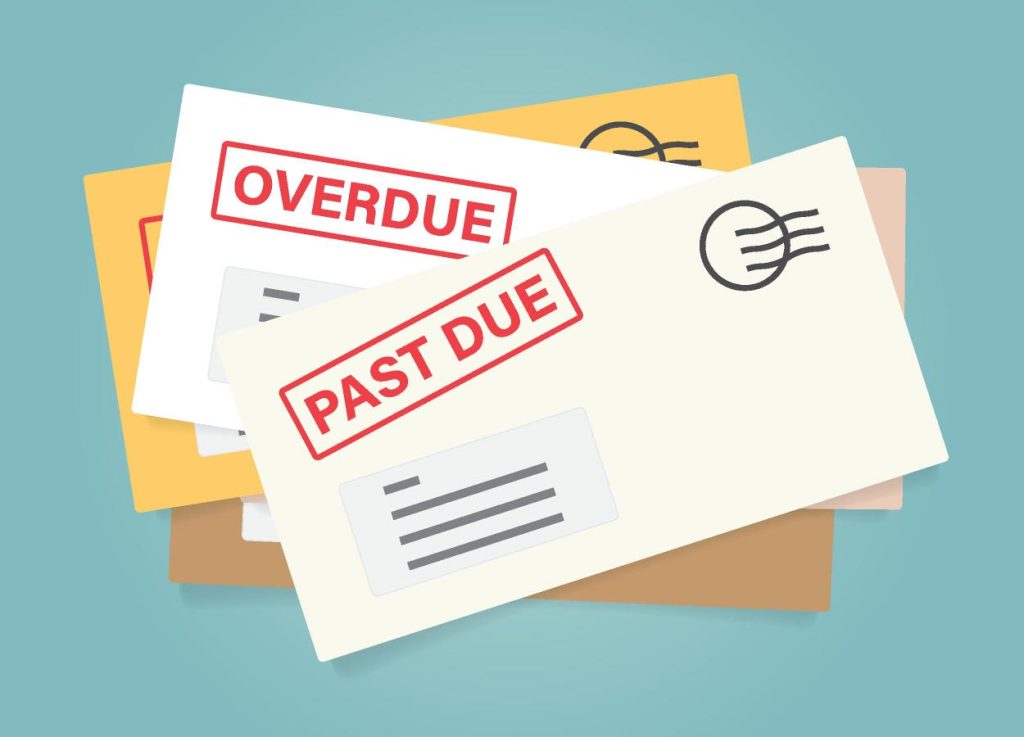Nearly 2 in 5 Cardholders Have Maxed Out a Credit Card or Come Close
Between higher prices and high interest rates, some Americans have had a hard time keeping up. As a result, many are using more of their available credit and now, nearly 2 in 5 credit cardholders, 37%, have maxed out or come close to maxing out a credit card since the Federal Reserve began raising rates in March 2023, according to a new report by Bankrate. Most borrowers who are over extended blame rising prices and a higher cost of living. [CNBC]
Nearly 40% of cardholders are maxed out on their credit cards
Americans Haven’t Been This Worried About Making Their Credit Card Payments Since the Pandemic
Americans are growing increasingly anxious about mounting credit card debt. Debt balances have been growing, and US consumers are nervous about whether they’ll be able to keep up: Americans haven’t been this worried about missing a minimum debt payment since April 2020. The New York Fed’s September 2024 Survey of Consumer Expectations showed that the average perceived probability of missing a minimum debt payment during the next three months increased for the fourth consecutive month to 14.2%. Outside of the pandemic, that’s the highest delinquency expectation reading seen in the monthly survey since January 2017. [CNN]
Barclays to Replace Goldman Sachs as Issuer of GM Credit Cards
Barclays will replace Goldman Sachs as the exclusive issuer of General Motors credit cards in the U.S., a move that will boost the U.K. lender’s stateside presence. The companies on Monday said Barclays will begin issuing GM’s rewards and business Mastercards starting next summer. Financial terms for the transaction weren’t disclosed. The switch comes as Barclays seeks to expand its U.S. credit-card business, and marks the continuing retreat of Goldman Sachs from its foray into consumer lending. The companies on Monday said Barclays will begin issuing GM’s credit cards starting next summer. Financial terms for the transaction weren’t disclosed. [The Wall Street Journal]
Apple Adds Another Buy Now Pay Later Service to Pay
Apple Pay will now include Klarna as an option at checkout. The addition of the buy now pay later service comes just months after Apple shut down Pay Later, its own BNPL service launched in 2023. Klarna lets users purchase products with four interest-free installments. Even though BNPL services like Klarna are rising in popularity, surveys suggest the services may lead to overspending. Alongside Klarna, Apple Pay added the BNPL service Affirm to the app in September. Klarna and Affirm are available through Apple Pay with iOS 18 and iPadOS 18. [The Verge]
6 Sneaky Tricks Credit Card Issuers Use
Credit cards are excellent tools for building credit and earning rewards, but they’re not always easy to understand. You often need to thoroughly examine the fine print of credit card offers to know how different benefits and fees work. Here are common credit card benefits that are easy to misinterpret: welcome offers, grace period, rewards value and redemption options, APR, card protection and benefits, and fees. [Yahoo Finance]
Mastercard Debuts New Tool for Verifying Cardholders’ ID
Mastercard has a new way for issuers to confirm cardholders’ identifying information. It’s all thanks to a combination of new industry standards and Mastercard’s Identity Attribute Verification service. The solutions use the technology behind a payment card to allow Mastercard partners to verify that a consumer meets the criteria for certain goods and services while protecting their privacy. It eliminates what can often be a cumbersome job: uploading documents like photo ID, proof of residency or passport. [PYMNTS]
Google Wallet Adds 17 New Supported Banks in the U.S.
Google Wallet has expanded beyond just credit and debit cards, with the ability to add travel passes, concert tickets, and more. Support for 17 new banks has been added to Google Wallet, making it easier for users to add cards. While Google Wallet can help lighten your physical card load, it’s still recommended to carry physical passports and IDs as backups. [Android Police]
Credit Cards Don’t Require Signatures. So Why Do We Still Sign?
The big financial moments in life used to be marked with a flourish of a pen. Buying a house. A car. Breakfast. Not anymore. Visa, Mastercard, Discover and American Express dropped the requirement to sign for charges like restaurant checks in 2018. They don’t look at our scribbles to verify identity or stop fraud. Taps, clicks and electronic signatures took over the heavy lifting for many everyday purchases—and many contracts, loan applications and even Social Security forms. The John Hancock was written off as a relic useful mainly to inflate the value of sports memorabilia. [The Wall Street Journal]
